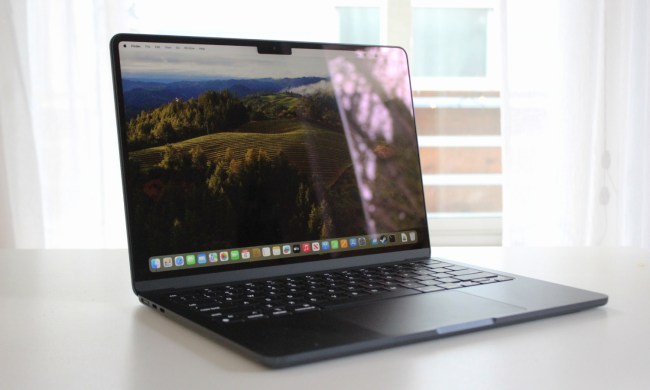
Remember when upstart computer maker Psystar began offering inexpensive Macintosh clones based on everyday PC hardware, and Apple finally got around to suing them, alleging copyright infringement, trademark infringement, and unfair compeition? Well, now Psystar has counter-sued Apple, alleging Apple is engaging in restraint of trade, unfair competition, and violating antitrust aw. The suit is being handled by antitrust specialists Carr & Ferrell, and seeks to have the end-user license agreement (EULAs) for Apple’s Mac OS X operating system declared invalid.
"The present litigation is more complex than the misinformed and mischaracterized allegations of copyright infringement," said Carr & Ferrell attorney Colby Springer, in a statement. "The litigation involves the anticompetitive nature of the Apple EULA and similar anticompetitive tactics related to the misuse of Apple’s copyrights."
Industry watchers seem to feel that Psystar has an uphill battle ahead of them, since it would be difficult to prove Apple can engage in antitrust behavior when it accounts for—generously—eight to ten percent of the PC market. However, Psystar might be able to argue that it is allowed to install Apple’s operating system on its own hardware via a licensing agreement.
Psystar maintains that its Mac clones ship with an unmodified version of Mac OS X; the systems use an installer which is able to fool the Mac OS X installer into running non-Apple hardware. Psystar then gives its customers a Mac OS X license.
Apple’s EULA specifically bars customers from installing Mac OS X on non-Apple hardware.


